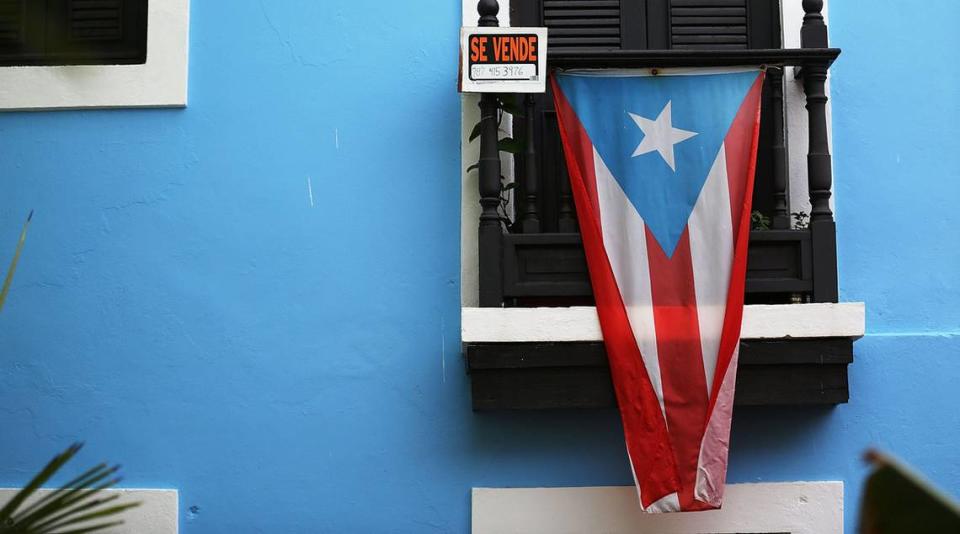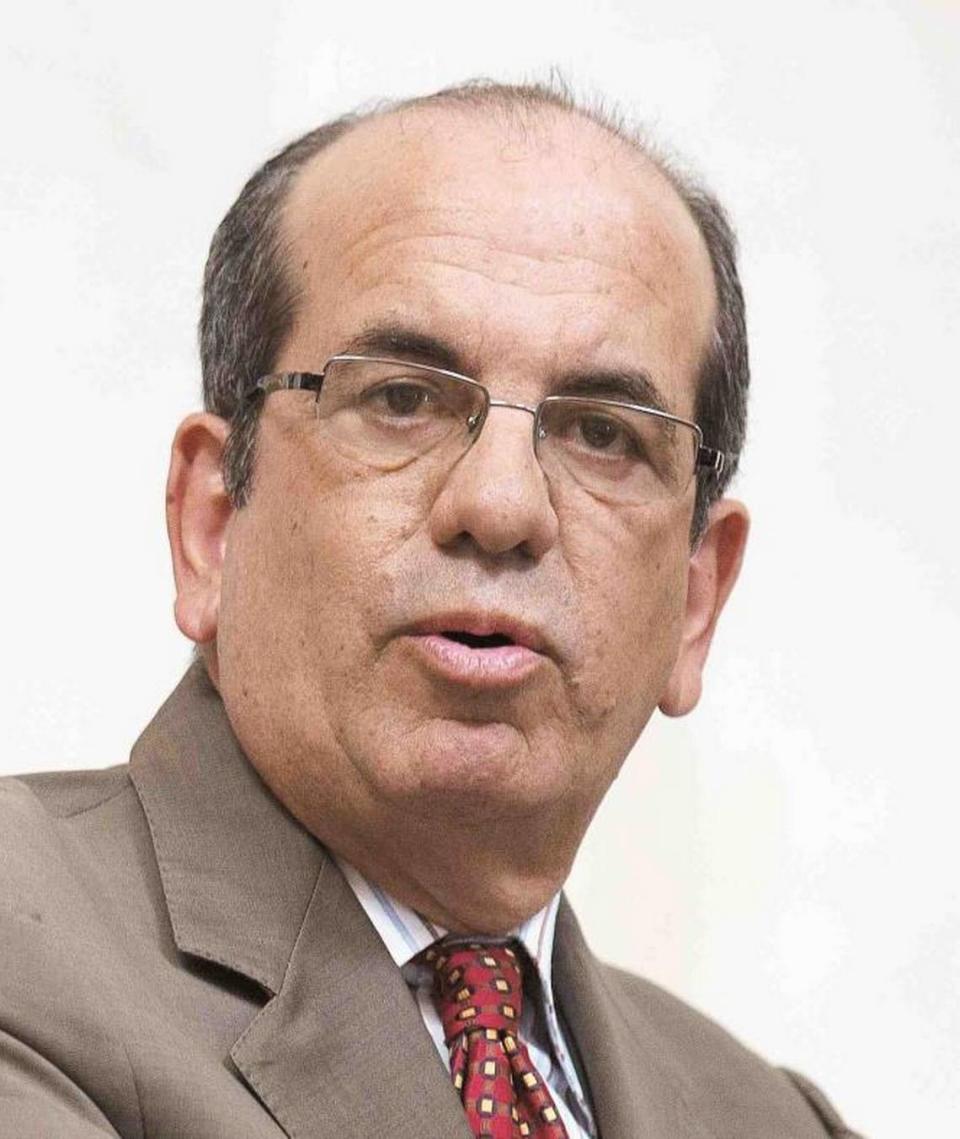U.S. should reinvigorate manufacturing in Puerto Rico | Opinion
Among many coronavirus related concerns is the increased U.S. dependence on China and other countries for the critical supply of drugs and medical devices. For decades, Puerto Rico was the central hub of U.S. drug manufacturing. This all changed with the ill-fated decision made by Congress to phase out Sec. 936, which both crippled Puerto Rico’s manufacturing sector and has now put the United States in jeopardy of having to rely on foreign imports of critical drugs and medical devices.
The 10-year phase-out of Sec. 936 ended in 2006 — the very year the recession in Puerto Rico began. Many analysts had warned the dire consequences of the phase-out and end of a reciprocal relationship between the United States and Puerto Rico that helped build Puerto Rico’s advanced manufacturing sector, including pharmaceuticals, biotech and medical devices. The warnings, unfortunately, proved true. And the lost jobs and manufacturing production on the island was a gain for China and other foreign jurisdictions — at the expense of the United States.
Since then, the island’s economy has suffered a drastic contraction of total production, a depression-like decline in employment and a massive wave of out-migration. The recession and resulting deficit financing in San Juan precipitated the fiscal crisis and bankruptcy that endures to this day.
In 2016, a congressional Bipartisan Task Force on Economic Growth in Puerto Rico concluded that, “Puerto Rico is too often relegated to an afterthought in congressional deliberations over federal business tax reform legislation” and that it was “open to the prospect of Congress providing U.S. companies that invest in Puerto Rico with more competitive tax treatment as long as appropriate guardrails are designed to ensure the company is creating real economic activity and employment on the island.”
Unfortunately, Congress did not follow these recommendations when the Tax Cuts and Jobs Act in 2017 was enacted. Puerto Rico and the territories were not integral in the deliberations and measures that were created to help domestic manufacturing hurt the competitiveness of the Commonwealth of Puerto Rico and the smaller island territories.
Today the world is dealing with a pandemic unlike any since the so-called Spanish Flu over a century ago. Senate Finance Committee Chairman Chuck Grassley, Virginia Sen. Tim Kaine and other federal officials recently have pointed out the need for the United States to regenerate the production of pharmaceuticals and medical devises critical to its national security. Puerto Rico is within the U.S. Customs zone and operates under FDA and U.S. labor and environmental laws. Puerto Ricans are natural-born U.S. citizens. We have idle plants and a well-trained and talented workforce waiting to fill this void. Providing a competitive differential for Puerto Rico versus foreign manufacturing jurisdictions would be an efficient and cost-effective solution to this national security problem.
I recently proposed to Grassley that he consider legislation to implement a limitation for qualified firms operating in Puerto Rico on the Global Intangible Low Tax Income (GILTI) tax that was included in American Jobs Creation Act. To qualify, companies would have to ensure that they have an active trade or business in Puerto Rico, and that qualified income from the business would be limited to Puerto Rico-sourced income.
By turning on Puerto Rico’s mighty manufacturing engine, we can solve two critical problems at once: We can provide a secure and reliable source of critical drugs and medical devices under the U.S. flag, and, in great measure, solve part Puerto Rico’s socio-economic crisis. By bringing back product lines to Puerto Rico from overseas jurisdictions, Congress will put bread on our tables, put revenue and growth into our budget and economy, and bring security to the United States by having these critical products manufactured under U.S. laws and within U.S. Customs and by U.S. citizens and U.S. companies.
Aníbal Acevedo-Vilá was governor of Puerto Rico from 2005-2009 and served as the island’s Resident Commissioner in Congress from 2001-2005.


